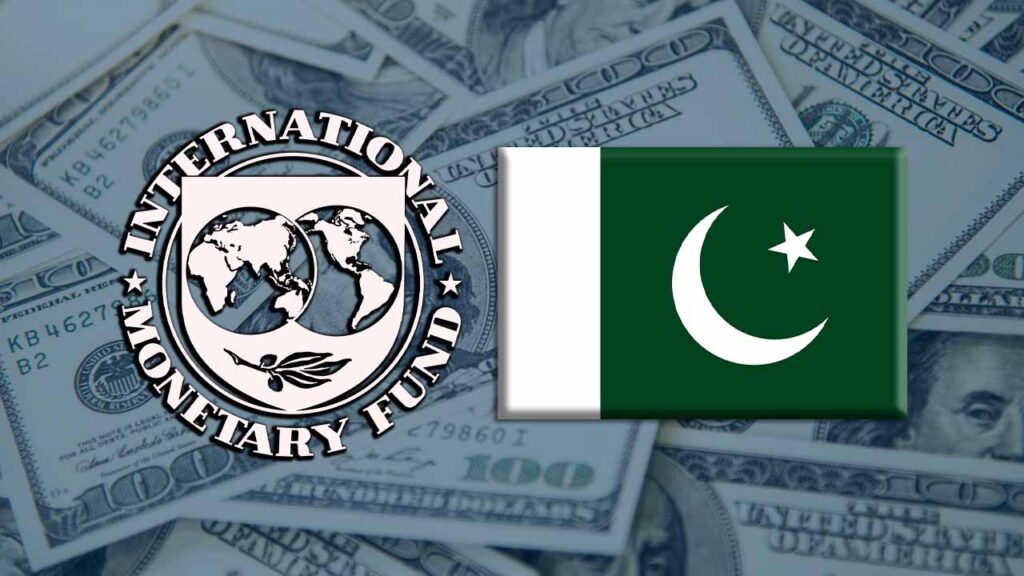- Web Desk
- Yesterday
Pakistan assures IMF of enforcing provincial income tax from January 2025
-

- Hum News
- Nov 16, 2024

Islamabad: The International Monetary Fund (IMF) team concluded a five-day review mission with Pakistan, which expressed commitment to strict adherence to the loan programme with a promise to introduce provincial income taxes from January 1, 2025.
According to sources, the Pakistan government assured the IMF of a surplus budget from the provinces and delineated arrangements for external financing during the discussions.
Officials informed the IMF team that consultants would be hired to implement the provincial fiscal agreement effectively.
Read More: IMF ‘satisfied’ with Pakistan’s tax growth, no mini-budget expected
The IMF delegation, led by mission chief, held extensive talks with Pakistani authorities over five days. On the final day, the mission met Finance Minister Muhammad Aurangzeb to review the country’s economic situation and the loan programme commitment.
Finance Ministry sources confirmed that the finance minister reassured the IMF of the government’s commitment to meeting the programme’s conditions, including achieving tax targets and implementing the National Finance Agreement. The IMF emphasized the importance of these measures.
The IMF is expected to conduct its first economic review in February or March 2025, which will be tied to the disbursement of a second $1.1 billion tranche.
To Read Relevant: Finance Minister admits failure to meet IMF agreement terms
During the meeting with the IMF delegation, Finance Minister Aurangzeb provided updates on budgetary targets, external financing, and compliance with IMF conditions. He also discussed initiatives for economic growth within the framework of the loan program and engaged in talks about climate financing.
The federal government assured the IMF that income taxes would be introduced at the provincial level from January 2025. It also committed to initiating tax collection on agricultural income, meeting the IMF’s longstanding demand.
Consultants will be hired to facilitate the provincial financial agreement, with Sindh tasked to expedite legislative changes, while Khyber Pakhtunkhwa reported progress on preparatory work.
The IMF delegation discussed addressing the Federal Board of Revenue’s (FBR) tax shortfall and emphasized reforms in the energy sector.
Officials proposed imposing a General Sales Tax (GST) on petroleum products, which currently have zero GST, and raising the petroleum levy from PKR 60 to PKR 70 per liter. If approved, fuel prices could see a significant hike starting November 16.
The IMF was briefed on the energy sector, FBR’s reform plan, and the rationale behind the tax shortfall of PKR 190 billion during the first four months of the fiscal year. The FBR attributed the shortfall to inflation and reduced imports.
The IMF questioned the solar net metering system and urged limiting solarization initiatives. The team also stressed fulfilling the tax target of PKR 12.97 trillion for the fiscal year and asked for measures to mitigate shortfalls in revenue collection.
The review highlighted Pakistan’s commitment to reforms, including energy sector adjustments, provincial fiscal alignment, and new taxation measures, as the country seeks to stabilize its economy under the IMF programme.




